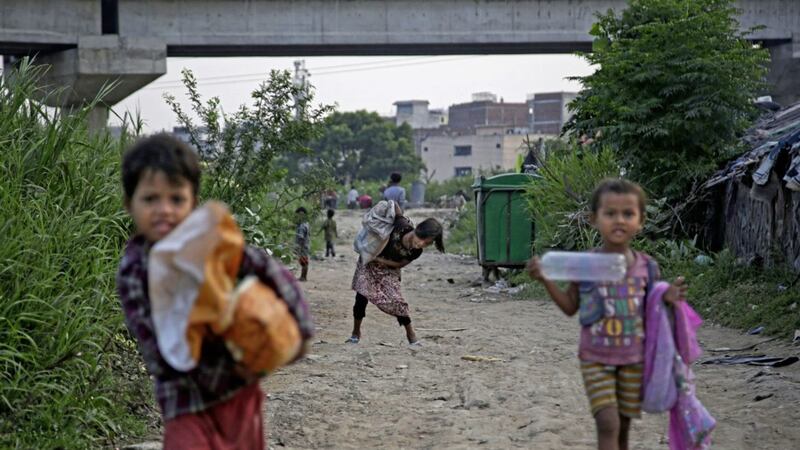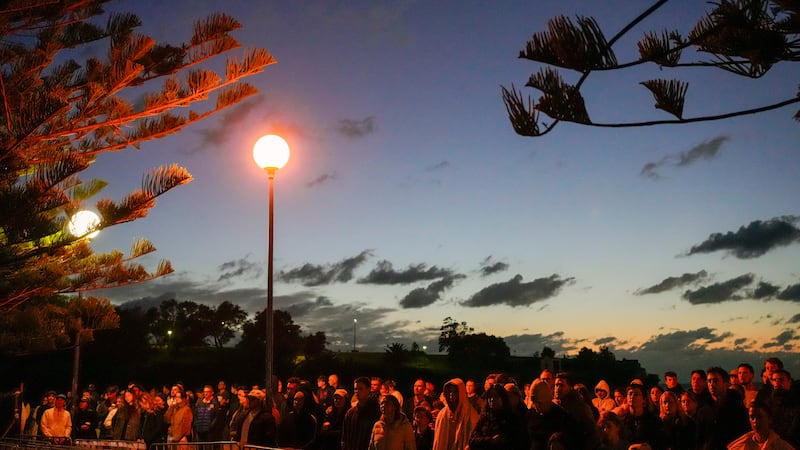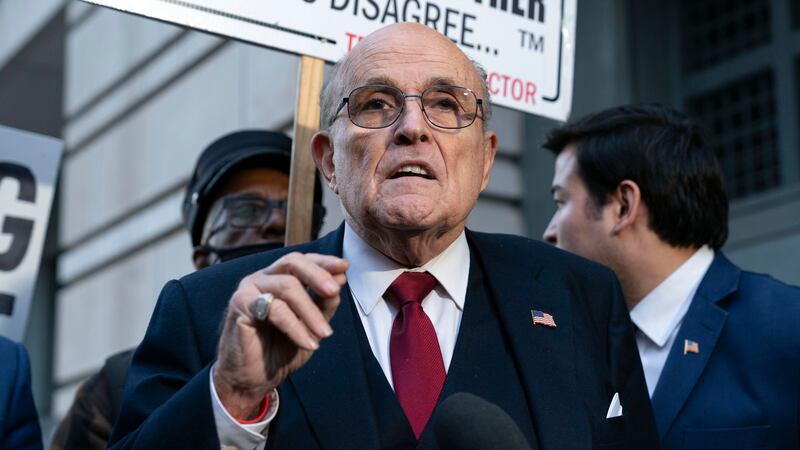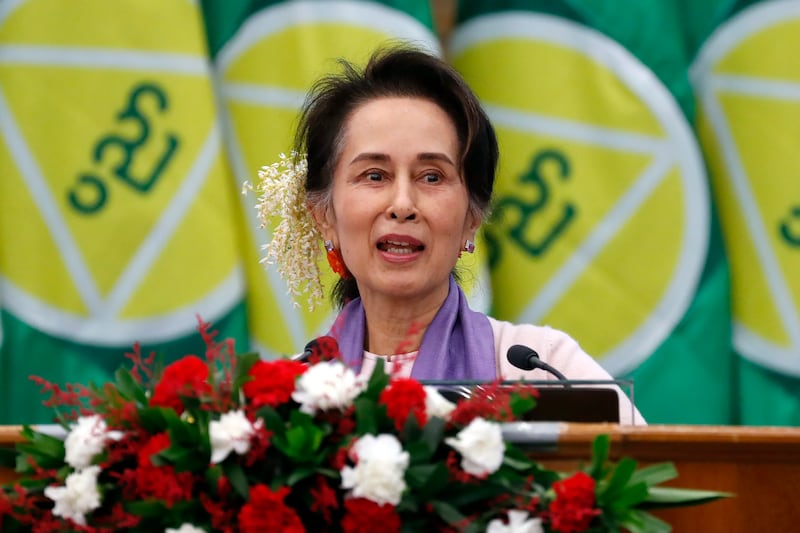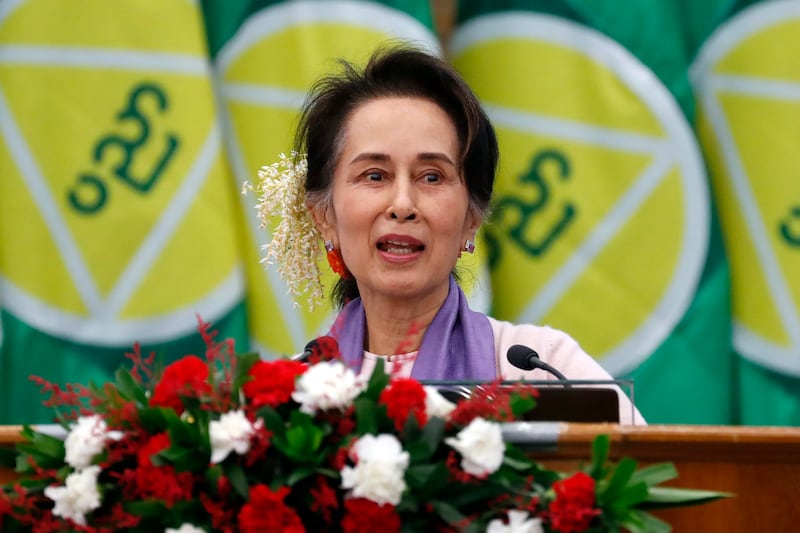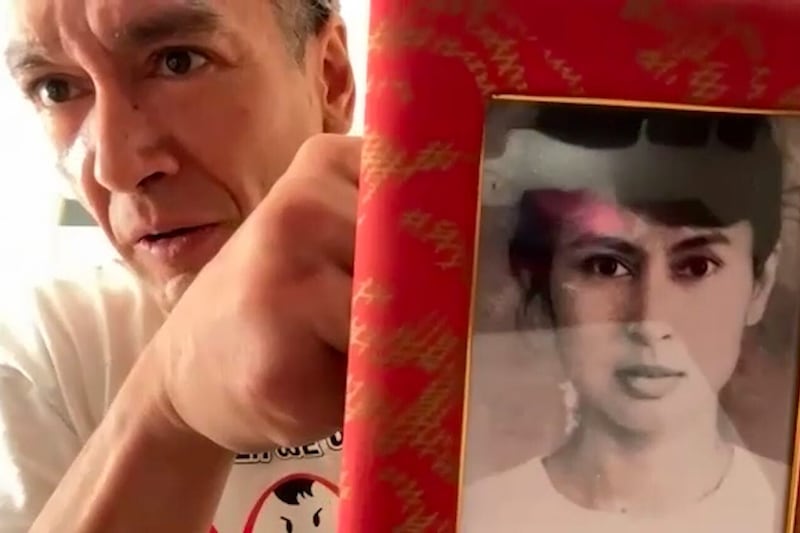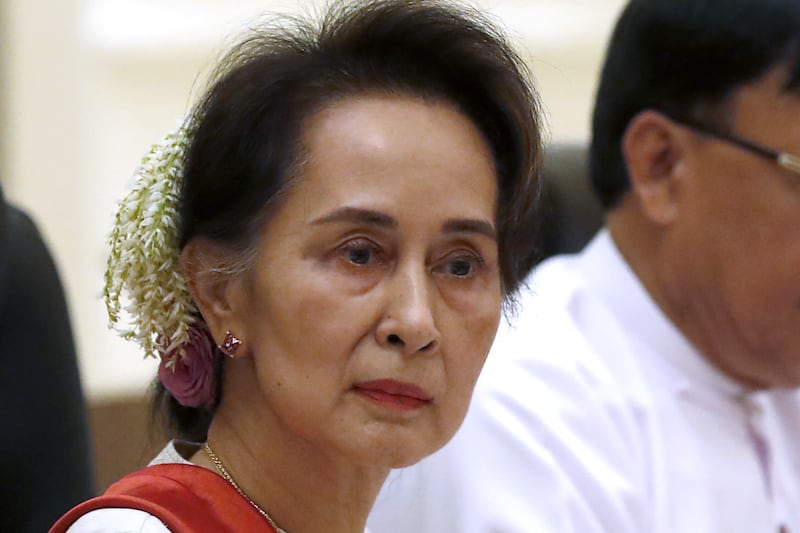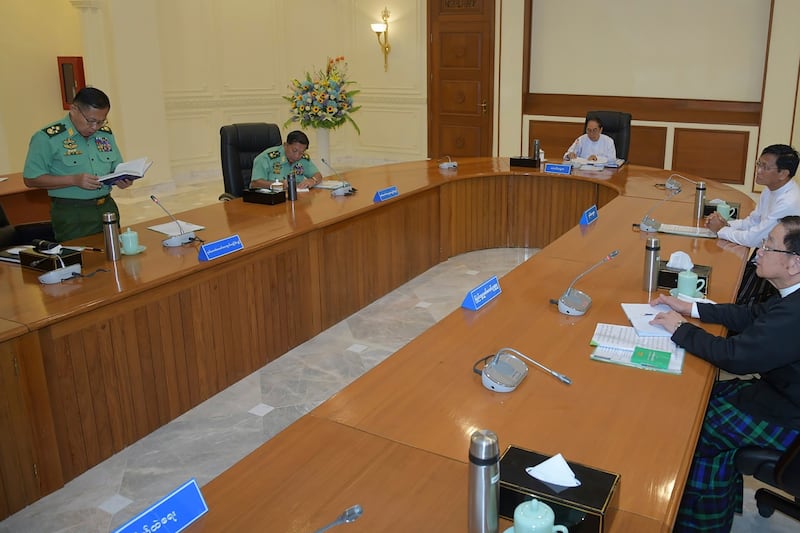BURMA'S leader Aung San Suu Kyi will miss this month's UN General Assembly amid criticism for the violence that has driven at least 370,000 Rohingya to flee the country.
Ms Suu Kyi will miss the assembly, which opened on Tuesday and runs through to September 25, in order to address domestic security issues, according to presidential office spokesman Zaw Htay.
Her appearance at last year's General Assembly was a landmark: her first since her party won elections in 2015 and replaced a military-dominated government.
Even then, however, she faced criticism over Burma's treatment of Rohingya, whose name she did not utter.
Members of the ethnic group are commonly referred to as "Bengalis" by many in Burma who insist they migrated illegally from Bangladesh.
Ms Suu Kyi is not Burma's president, her official titles are state counsellor and foreign minister, but she effectively serves as leader of the southeast Asian nation.
Zaw Htay said that, with president Htin Kyaw in hospital, second vice-president Henry Van Tio would attend the UN meeting.
"The first reason (Suu Kyi cannot attend) is because of the Rakhine terrorist attacks," Zaw Htay said.
"The state counsellor is focusing to calm the situation in Rakhine state. There are circumstances.
"The second reason is, there are people inciting riots in some areas.
"We are trying to take care of the security issue in many other places.
"The third is that we are hearing that there will be terrorist attacks and we are trying to address this issue."
The crisis erupted on August 25, when an insurgent Rohingya group attacked police outposts in Burma's Rakhine state.
That prompted Burma's military to launch "clearance operations" against the rebels, setting off a wave of violence that have left hundreds dead and thousands of homes burned, mostly Rohingya in both cases.
The government blames Rohingya for the attacks, but journalists who visited the region found evidence that raises doubts about its claims that Rohingya set fire to their own homes.
Many of the Rohingya who flooded into refugee camps in Bangladesh told of Burmese soldiers shooting indiscriminately, burning their homes and warning them to leave or die.
Others said they were attacked by Buddhist mobs.
Ms Suu Kyi, a Nobel Peace Prize laureate who lived under house arrest for many years under a military junta that ultimately gave way to an elected government, has faced a torrent of international criticism and pressure since the crisis erupted.
